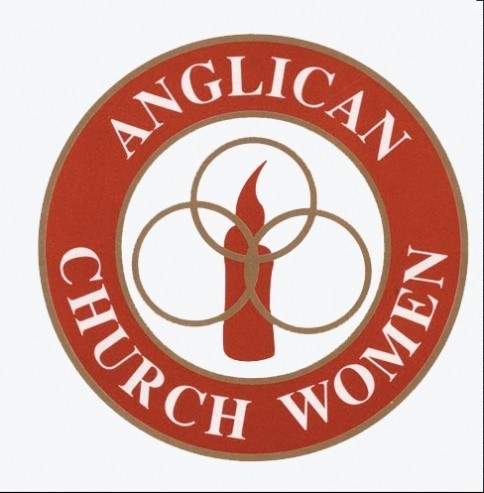There’s nothing like a global pandemic to challenge one’s sense of community. For starters, community means different things to different people. A dictionary definition sees community as “a group of people with common characteristics or interest living together within a larger society.” For many, their idea of community is their immediate and/or extended family; for others, that idea of community expands to include friends and neighbours; for still others, there are the people you engage with at work and play, those associated with the various organizations of one’s life, including, of course, one’s faith community. Community may mean all the people of your village, town, or city – your geographic community – even up to all your fellow citizens in the province and country. We know there are populations that see community virtually: gaming, “Quaranteen”, “Whatsapp” groups, online birthday parties, or mutual support groups connecting friends and family.
While the Covid-19 pandemic let us see that we are truly a global community, with no corner of the world unaffected by the virus, we are also able to see that certain communities are disproportionately disadvantaged by the pandemic. Indigenous communities have a history of experiencing the devastating effects of pandemics and it is the resiliency of these communities that has meant survival to the current day. It is the Friendship Centres in various Indigenous communities, on and off reserve, urban and rural, that have provided community services and safe spaces for community members, employing innovative and positive responses to the virus.
Historically, communities of African descent had to pull together to nurture, support, look after, and protect one another – their very survival depended on that level of love and care. That degree of closeness in those and other communities has diminished in more recent times, and, with the isolating realities of the pandemic, there is an understandable fear of complete social breakdown. The virus is merciless, even apocalyptic, but it is also miraculous in its effect of bringing people, veritable strangers, together, if not in physical proximity, in psychological and emotional closeness. Large gatherings are not possible, but one does see evidence of trust and hope being restored in communities where it has been in thin supply.
The pandemic is requiring us to consider what belonging and community mean to us. There is something quite profound happening in terms of our relationships with people we don’t know. Despite negativity about the societal impacts of Covid-19 – from increased levels of loneliness to the limitations of social media – we are seeing some positive and unanticipated outcomes, including widespread outpourings of charity, along with togetherness and empathy for complete strangers. Experts on the subject of loneliness are suggesting that the coronavirus is changing what is possible. They comment that amid the emotional devastation and uncertainty, the pandemic is providing the potential for more connectedness, as well as less, where desired, and for radically changing the meanings of community itself. This pandemic might, paradoxically, bring people closer. It might even be redefining what “community” means in the 21st century?
The Anglican Church Women Diocesan Board is inviting you to explore what community means to you. We are suggesting there are 3 key components: care, courage, and compassion. We are calling these the 3 C’s of Community. We do not pretend that these qualities are exhaustive, but they are the 3 that the Board plans to concentrate on for the remainder of 2021 and into the first part of 2022. They will be the Board’s theme for 2021/22 – “Community:
Care . . .
Courage . . .
Compassion”.
We will draw our sense of community from Romans 12:5 – “So in Christ we, though many, form one body, and each member belongs to all the others.”
The qualities of care and compassion for one another abound in the New Testament, with what follows being a small sample only: Ephesisans 4:32 “. . . Be kind and compassionate to one another . . . “. Philippians 2:4 – “Do not merely look out for your own interests, but also for the interests of others.” Colossians 3:12-14 – “Therefore, as God’s chosen people, holy and dearly loved, clothe yourselves with compassion, kindness, humility, gentleness, and patience . . . And over all these virtues, put on love, which binds them all together in perfect unity.”
The concept of courage may not be what first comes to mind when thinking of community, but we are suggesting that it takes great courage to be in community with one another, caring for each other, “clothing [oneself] with compassion.” It is Saint Teresa of Avila who makes the case for courage: “To have courage for whatever comes in life – everything lies in that.” On a more modern note, the Canadian mystery writer, Louise Penny, in her second Armand Gamache novel, “A Fatal Grace”, concludes with:
‘Where there is love, there is courage
Where there is courage, there is peace
Where there is peace, there is God.
And when you have God, you have everything.’
Join us in exploring “Community: Care . . . Courage . . . Compassion.”



